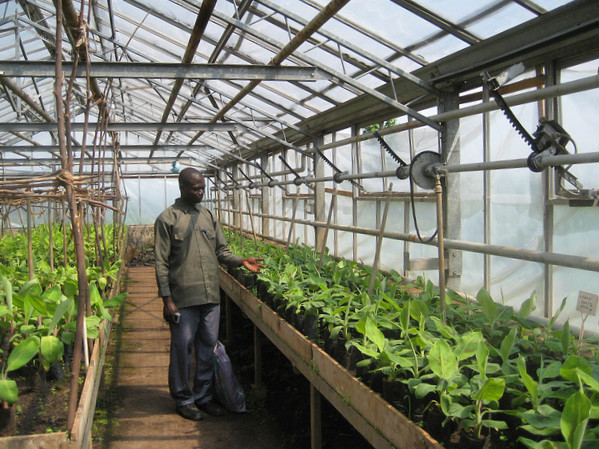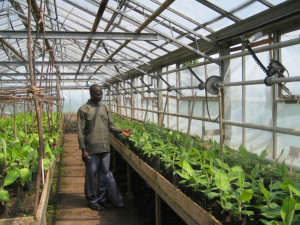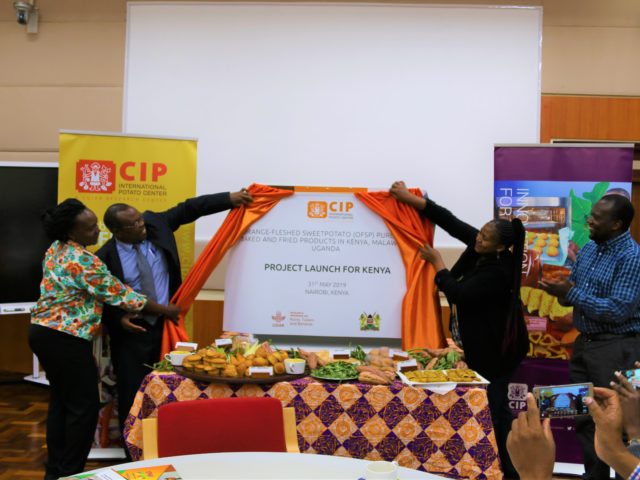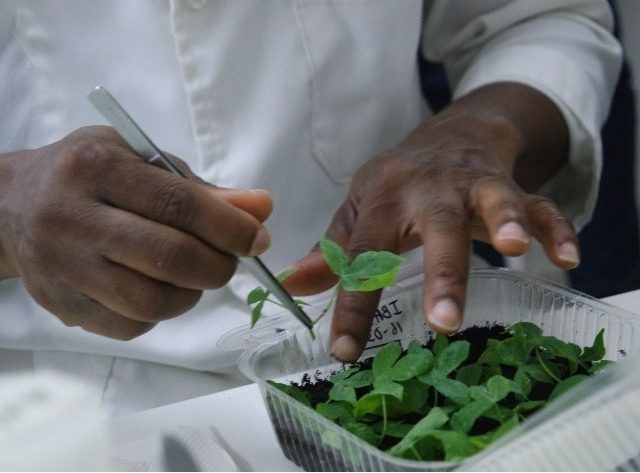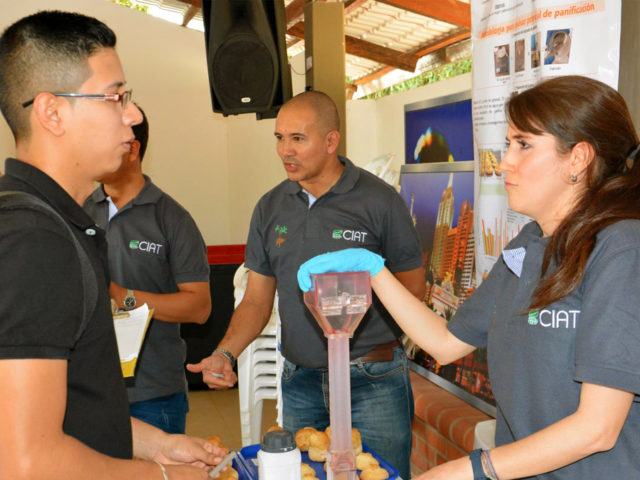Registration is now open for an advanced course ‘Banana research in Africa: modern breeding techniques, regulatory and biosafety issues‘ from 19 – 30 September 2016, organized by International Plant Biotechnology Outreach (IPBO–VIB/UGent) in collaboration with KULeuven and NARO, and hosted by NARO-Kawanda in Uganda.
Aimed at Africans engaged in banana improvement programs including scientists, regulators and lawyers, the course will provide training in modern breeding techniques, how to collect relevant and reliable data to perform risk analysis, and how to communicate scientific results and goals.
Supported by the International Institute of Tropical Agriculture, the program will give an overview of the most important banana diseases and how to address them through breeding as well as biotechnological approaches.The program continues with an overview of regulatory and risk assessment principles relevant to the African region. Participants will also obtain insights in to the metabolomics of banana, bioinformatics methods and banana processing.
Finally, a two-day workshop will teach participants how to communicate research findings and goals to a non-scientific audience and the public at large. The sessions will be interactive, including group work, presentations and discussions. The program also includes visits to confined field trials and local farmers.
A number of scholarships with support from VLIR-UOS for accommodation and travel expenses are available. The deadline for scholarship applications is 31 May, 2016.
For more information on the course program, registration, scholarship eligibility criteria and application forms, visit the IPBO-VIB/UGent website or contact: sylvie.debuck@vib-ugent.be
Registration for the course closes 30 June, 2016
The CGIAR Research Program on Roots, Tubers and Bananas (RTB) is working in partnership with NARO, IITA and KULeuven on a number of projects, including a banana drought response study with KULeuven which showed that selection for high transpiration efficiency could be used to identify cultivars with better performance during both well-watered and water-stress conditions, thus projecting good yield during both normal and dry years. With IITA and NARO, the program is also working on accelerating banana breeding and improving knowledge on the banana genome.
